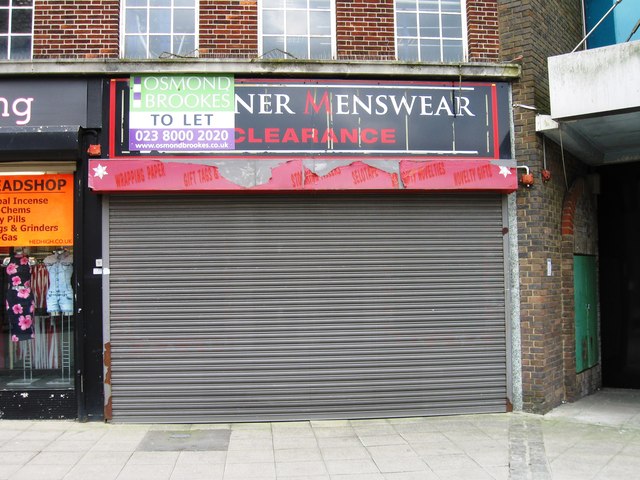A round-up of some recent appearances in the news and across the web of data held in the UK Data Service collection…
Windrush
The plight of people who arrived in the UK and cannot prove their entitlement to live here, receive NHS treatment and so on has been much in the news this week.
In a commentary on the situation, this New Statesman article used data from the British Social Attitudes survey to show how long British people feel legal immigrants should be in the UK before being guaranteed full rights.

Photo: Royal Navy official photographer – photograph FL 9448 from the collections of the Imperial War Museums, Public Domain
NHS
The same survey also revealed that a majority of British people now back the idea of raising taxes to fund the NHS as tweeted about by The Kings Fund and reported on by The Guardian.
If the NHS needed more money, which of these options would you be prepared to accept? The majority (61%) of respondents to the British Social Attitudes survey support tax rises https://t.co/7U0QFssfHV pic.twitter.com/sHvVYfudqN
— The King's Fund (@TheKingsFund) April 15, 2018
In other NHS news, the BBC reported that answers to the National Survey for Wales show that people are finding it more difficult to get GP appointments, which the British Medical Association for Wales attributes to the population living longer.
Class inequality in the cultural sector
Two papers were published this week by Dr Dave O’Brien, Orian Brook and Mark Taylor looking into under-representation of the working class in the cultural sector
Dr Dave O’Brien discussed the launch of a report for Create London and the Barbican looking at class inequality in the cultural sector. This report used the British Social Attitudes survey and was also reported on by The Guardian.
So, this morning @BarbicanCentre @Create_London & @artsemergency launch a report bringing together academic work on specific aspects of inequality in cultural jobs https://t.co/OWMFwD2V6j & https://t.co/wLlG6HrxpK The news is not good
— Dave O'Brien (@DrDaveOBrien) April 16, 2018
Meanwhile Orian Brook introduced a paper on changes in social mobility into cultural jobs between 1981 and 2011, which drew on the National Child Development Study, the 1970 British Cohort study, the Next Steps longitudinal study and a subset of UK Census data.
My new paper, with @DrDaveOBrien @markrt, on changes in social mobility into cultural jobs between 1981 and 2011 https://t.co/fvE8IkqDV3. Spoiler: There was no golden age of working class access to cultural work.
— Dr Orian Brook (@OrianBrook) April 13, 2018
Just popping to the shops?
It’s bad news for retailers (again) at the moment. Dr Greg Marsden’s blog uses data from the National Travel Survey to discuss the decline in people travelling to shops and what might be done to attract them back.

Photo: Alex McGregor, CC BY-SA 2.0
How fit are you and how long will you live?
The English Longitudinal Study of Ageing turned up in two different pieces of research this week.
In the first, the Institute of Fiscal Studies explored the perceptions of people over 50 of how long they would live and what impact that could have on their economic situation.
Meanwhile, Scienmag reported on a cross-country exploration of the US, UK and the Netherlands comparing how active they think they are with how active they really are. Surprisingly enough, some countries exaggerate less than others…

Photo: Diabetes Care, CC BY-NC 2.0
Free bus travel for under 25s
The Labour Party announced plans for free bus travel for under 25s, as The Mirror reported. The policy is partly based on data from the National Travel Survey.
Interestingly, NatCen (the National Centre for Social Research) pointed out that the same survey identifies that under 25s are the most likely age group to complain about the state of bus travel, so who knows if they’ll actually want to take advantage of this offer?

Photo: Les Chatfield, CC BY-NC 2.0
